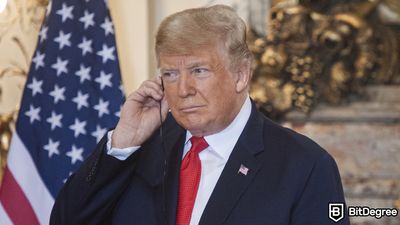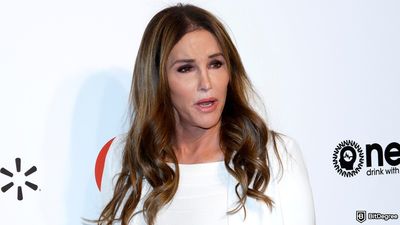The close vote regarding protocol fee implementation resulted in DAO rejecting the proposal.
The Decentralized Autonomous Organization (DAO) governing the Uniswap exchange saw its members voting against the protocol fees on June 1st.
According to the proposal's official website, the decision could maintain the current revenue system, allowing liquidity providers (LPs) to pocket all the income from swaps.

Did you know?
Want to get smarter & wealthier with crypto?
Subscribe - We publish new crypto explainer videos every week!
How Does Cryptocurrency Work? (Explained with Animation)


The vote was a closely contested one. The faction opposing the fees garnered 45.32% of the votes, edging out those who wished to charge LPs 20% of the user fees, which accounted for 42.34% of votes.
Minor factions opted for a 10% and a 16.67% charge, receiving 12.3% and 0.04% of the votes, respectively.
Despite this split vote, the “no fee” camp won, indicating that a specific fee percentage may have swung the result in favor of the protocol fee supporters.
The Uniswap decentralized exchange, governed by the DAO consisting of Uniswap (UNI) token holders, currently charges users from 0.01% to 1% per swap, depending on the used pool. These fees are paid in full to the liquidity providers. UNI token holders, the de facto owners of the protocol, currently do not benefit from these fees.
GFX Labs, the author of the proposal, argued on the proposal’s official forum page that Uniswap had reached a level of maturity that no longer necessitates rebates for LPs. Citing competitive rates from Coinbase and Binance, GFX claimed that, despite the proposed fees, Uniswap would remain an attractive platform for LPs.
Uniswap is in a strong position to turn on protocol fees and prove that the protocol can generate significant revenues. We need to reaffirm that liquidity providers are protocol users and do not need full rebates.
Counterarguments focused on the potential tax and regulatory implications for UNI holders. Venture capital fund A16z's deal partner, Porter Smith, stated that fees should be withheld until either Uniswap becomes a legally incorporated entity or a decentralized fund flow mechanism is implemented to direct revenue to UNI holders:
In the absence of a legal entity, it is important to reduce tax risk by using a programmatic flow of funds directly to token holders who are performing work on behalf of the DAO <Uniswap governing body>. <…> A programmatic flow of funds could help ensure the taxable obligation rests with those users instead of the DAO.
Despite starting on the Ethereum network, Uniswap has been actively pursuing expansion to other networks, recently deploying Uniswap to the Polygon zkEVM network on April 14th and initiating a Moonbeam Polkadot parachain version on May 17th.
The recent voting exercise within the Uniswap DAO acts as a clear reflection of the complexities involved in governing decentralized protocols.
In other news, Uniswap recently announced the release of its mobile wallet for iOS devices.






















